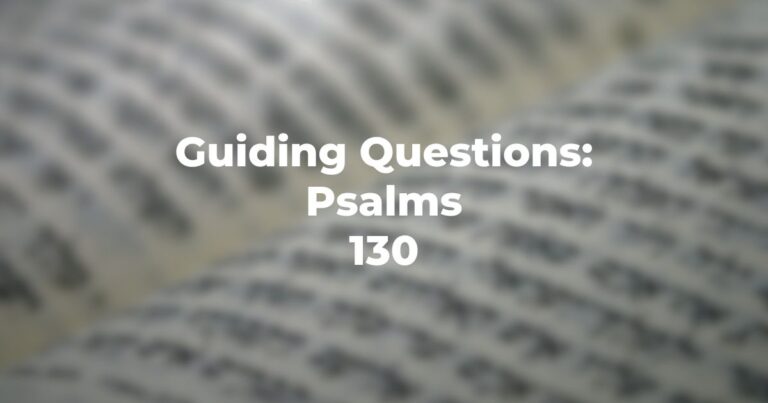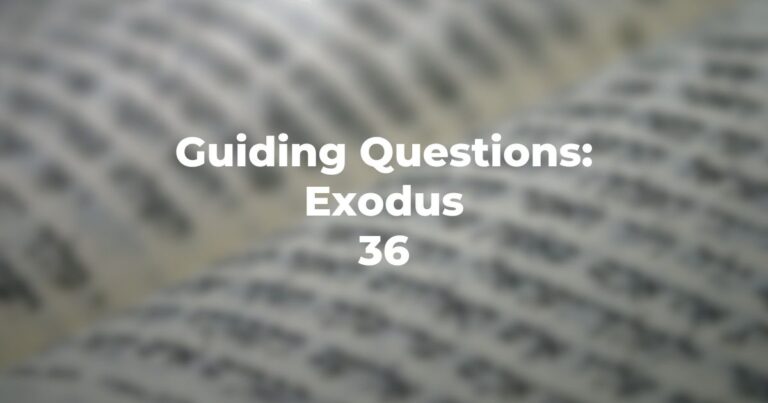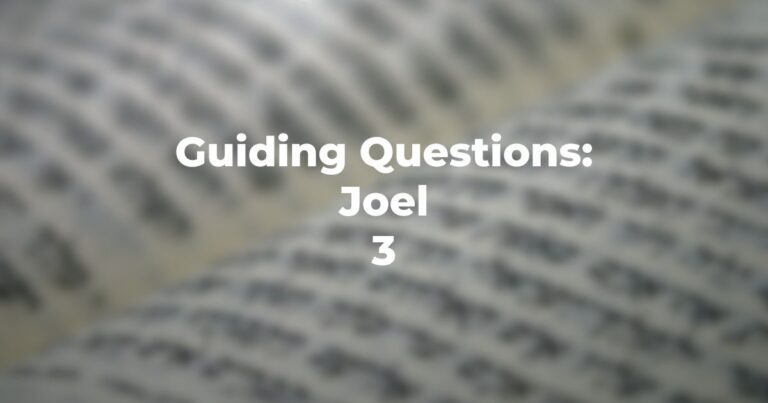- According to Psalms 115:1, when there is an achievement of consequence, to whom is to be credited?
- Based upon Psalms 115:2-3 et seq., is this Psalm one of victory or a denunciation of pagan worship when it takes the form of idolatry?
- Do these passages denounce polytheism or, rather, the material representation of Divine power?
- Does Psalms 115:8 represent a wish that those who make the idols should become like them or, rather, will become like them because of their mistaken ideas?
- In Psalms 115:9-11 there is a reference constituencies — Israel “house of Aaron” and “Yirei Adonai”; who might the latter category be?
- In the Hallel Tefillah, why do Psalms 115:12-18 constitute part of a seprate passage?
- In Psalms 115:12 the first line is translated “the Lord is mindful of us”; however, the Hebrew appears to be an imperative — “God remember us”. Which translation would appear to be most in keeping with the passage?
- Reference had been made in Psalms 115:9-11 to three categories; how do Psalms 115:12-13 slightly change the categories by rendering them more embracive?
- How should we understand Psalms 115:16 that the heavens belong to God but the earth has been given to humanity?
- Does this remotize God, rendering It transcendent only?
- Does Psalms 115:17 clearly state that there is no life after death?
- Or, does Psalms 115:18 indicate that, while alive, one should exercise one’s faculties fully in connection with appreciating the Divine and praising It?
Author
-

Exploring Judaism is the digital home for Conservative/Masorti Judaism, embracing the beauty and complexity of Judaism, and our personal search for meaning, learning, and connecting. Our goal is to create content based on three core framing: Meaning-Making (Why?), Practical Living (How?), and Explainers (What?).
View all posts




